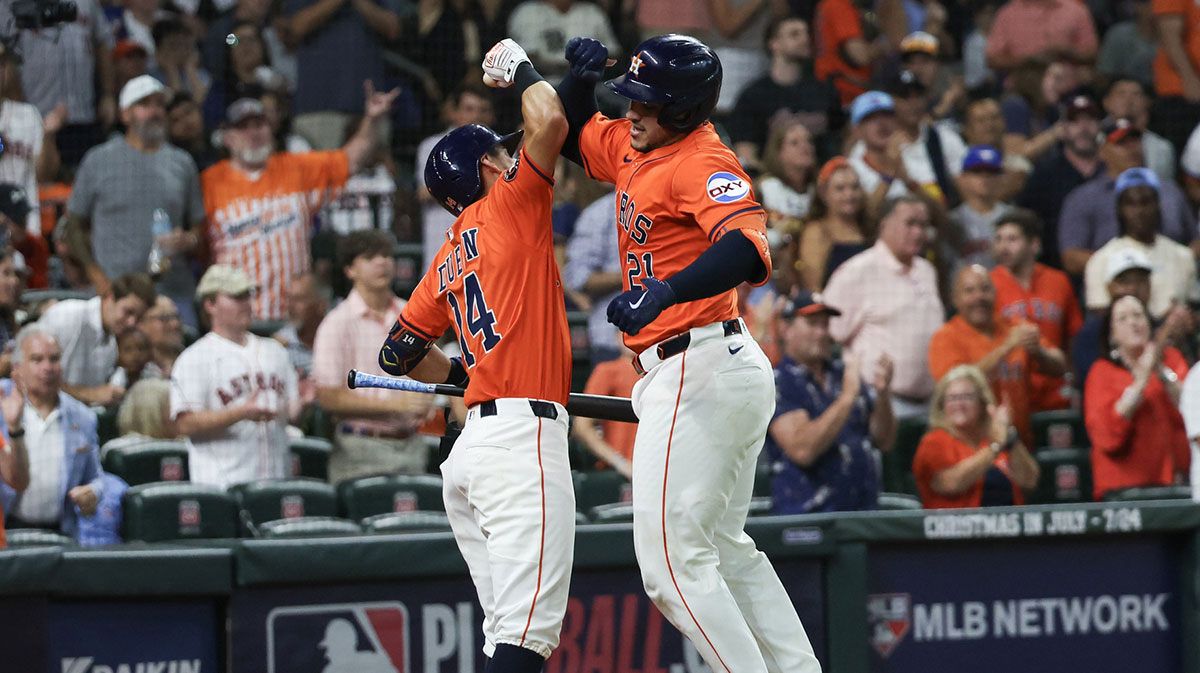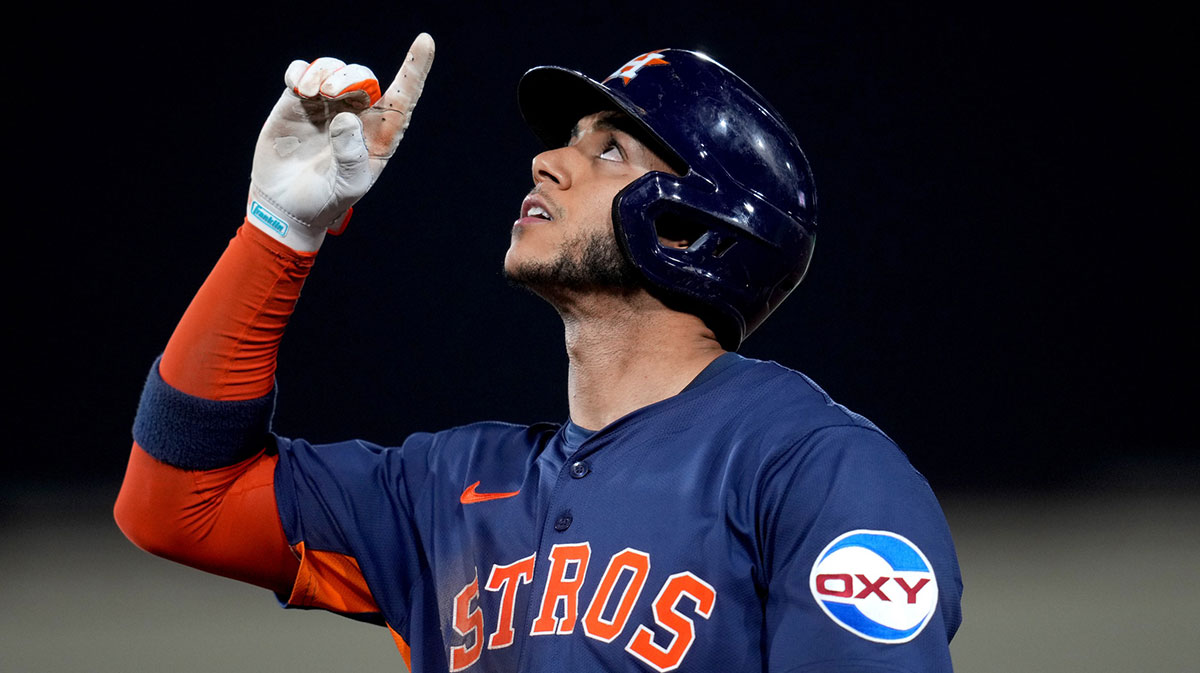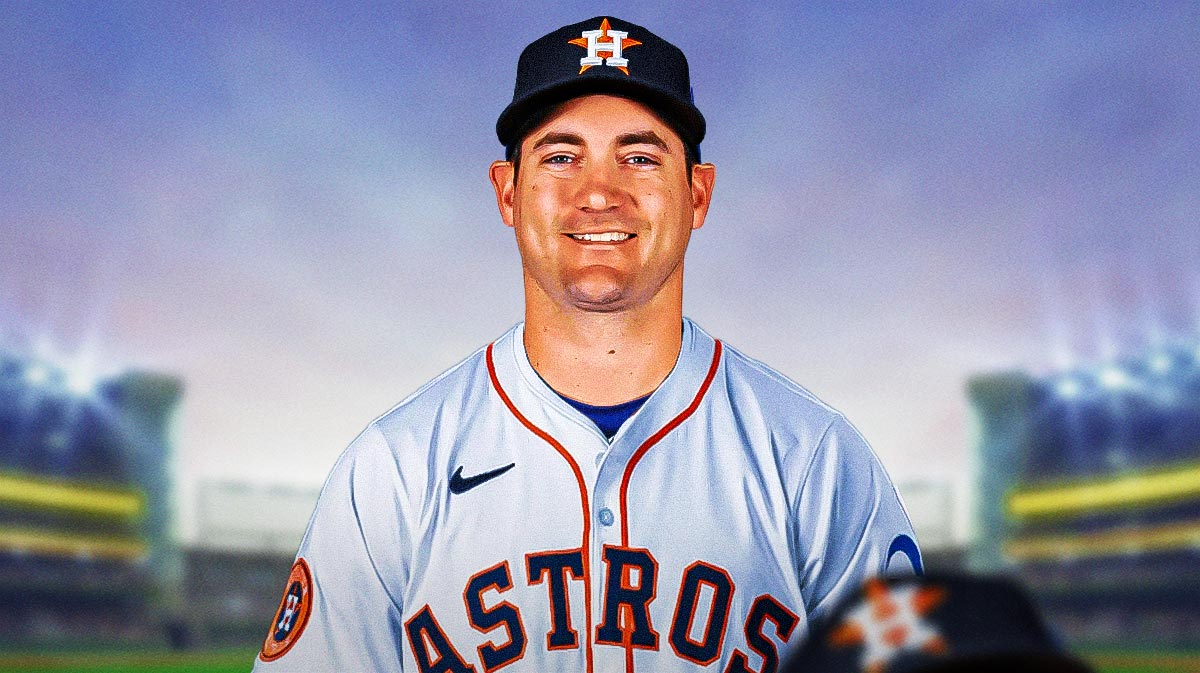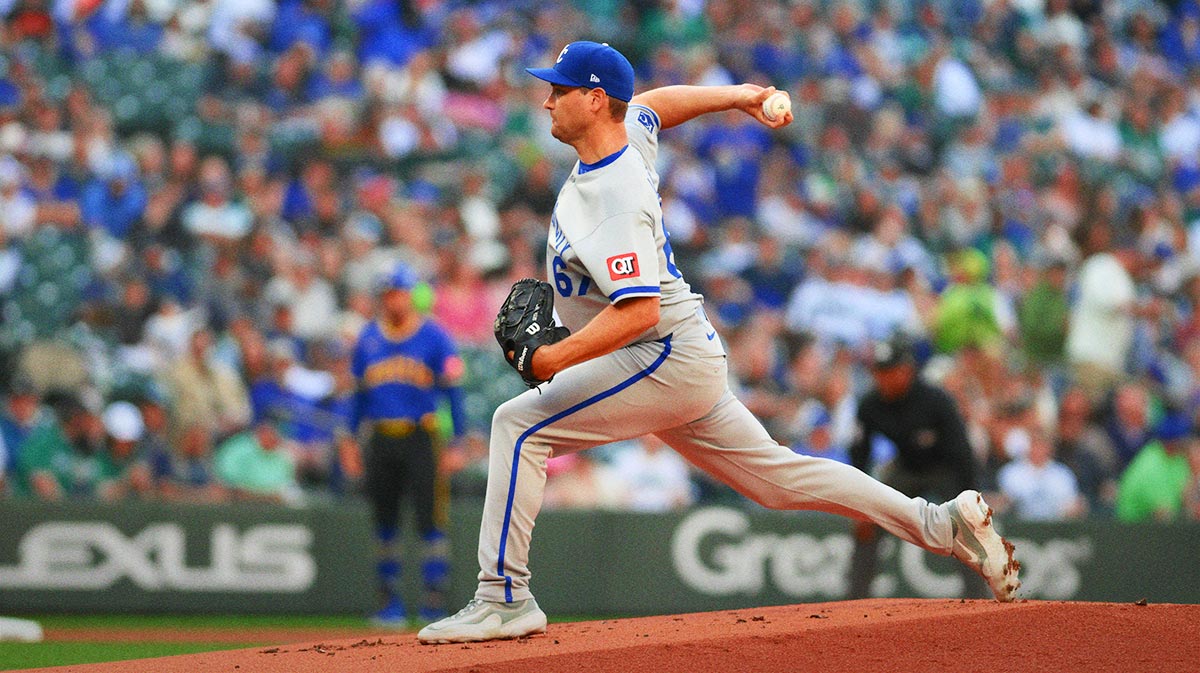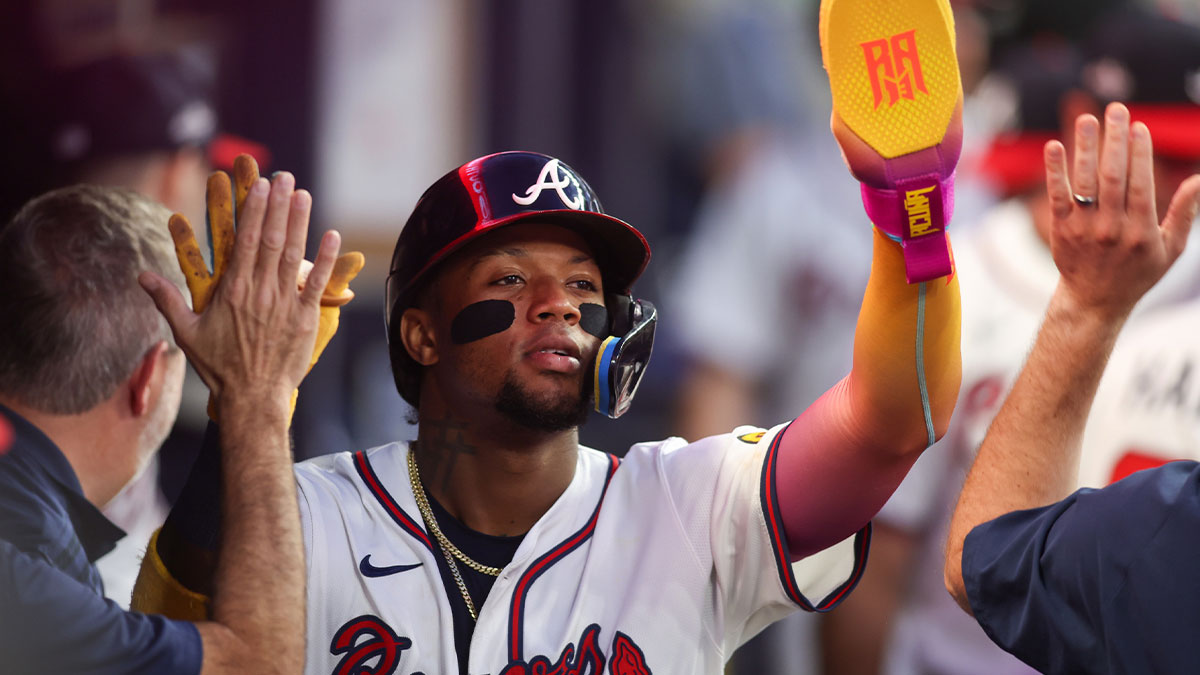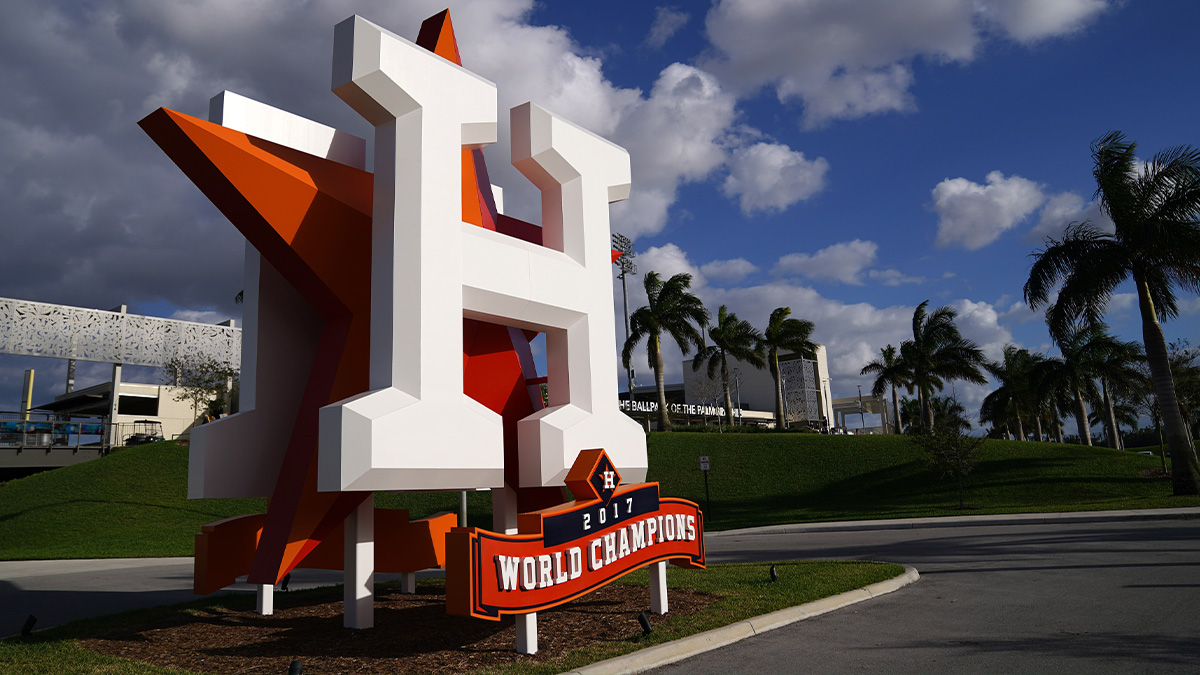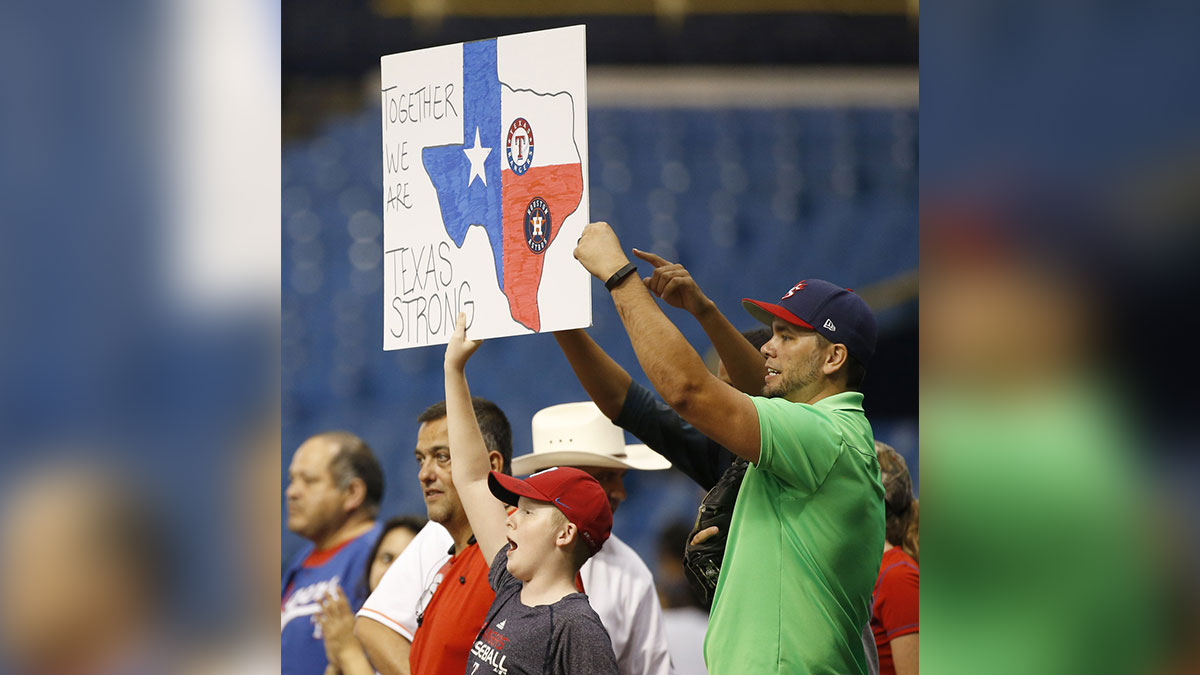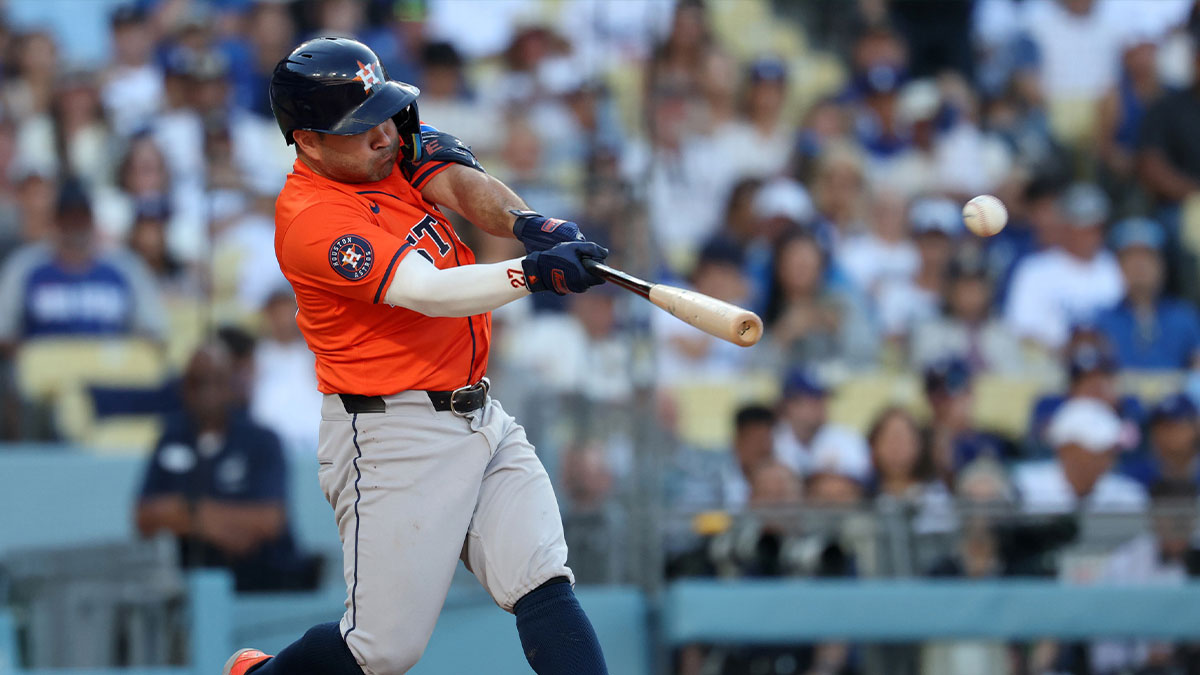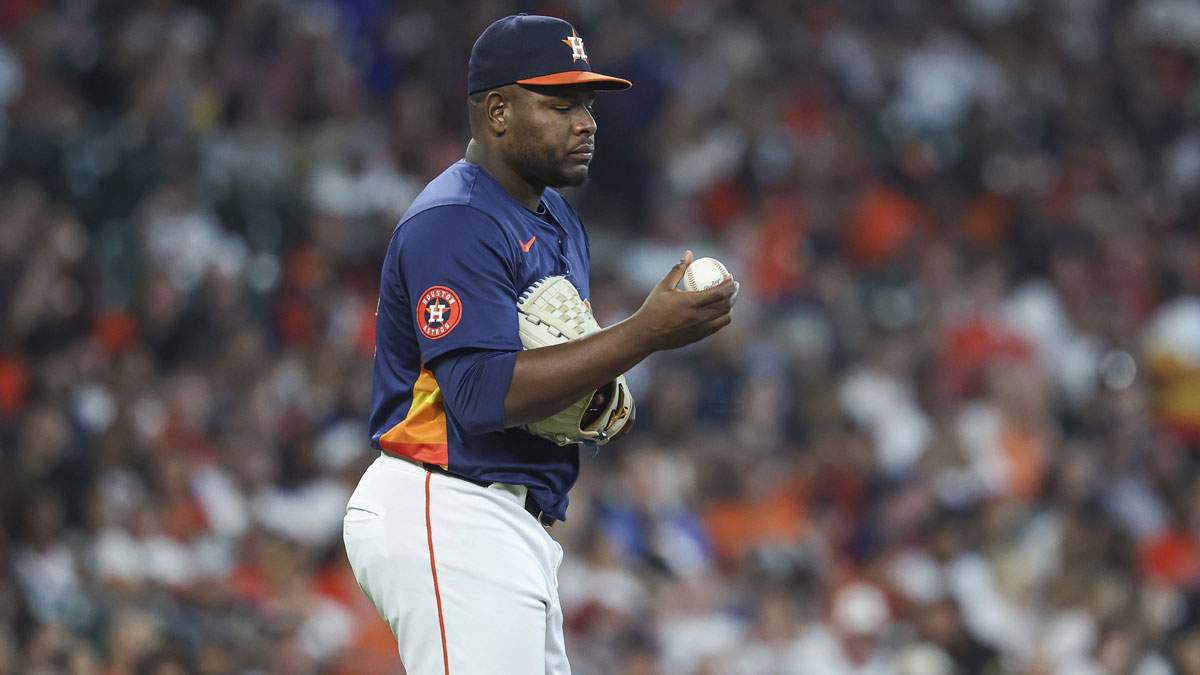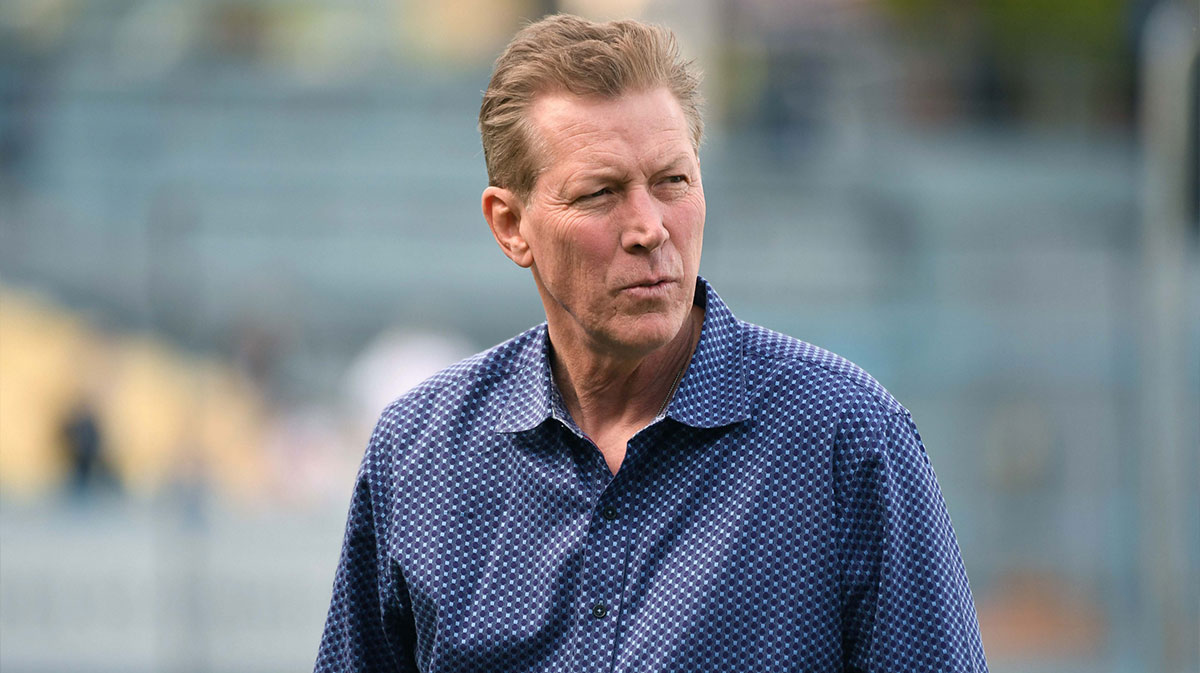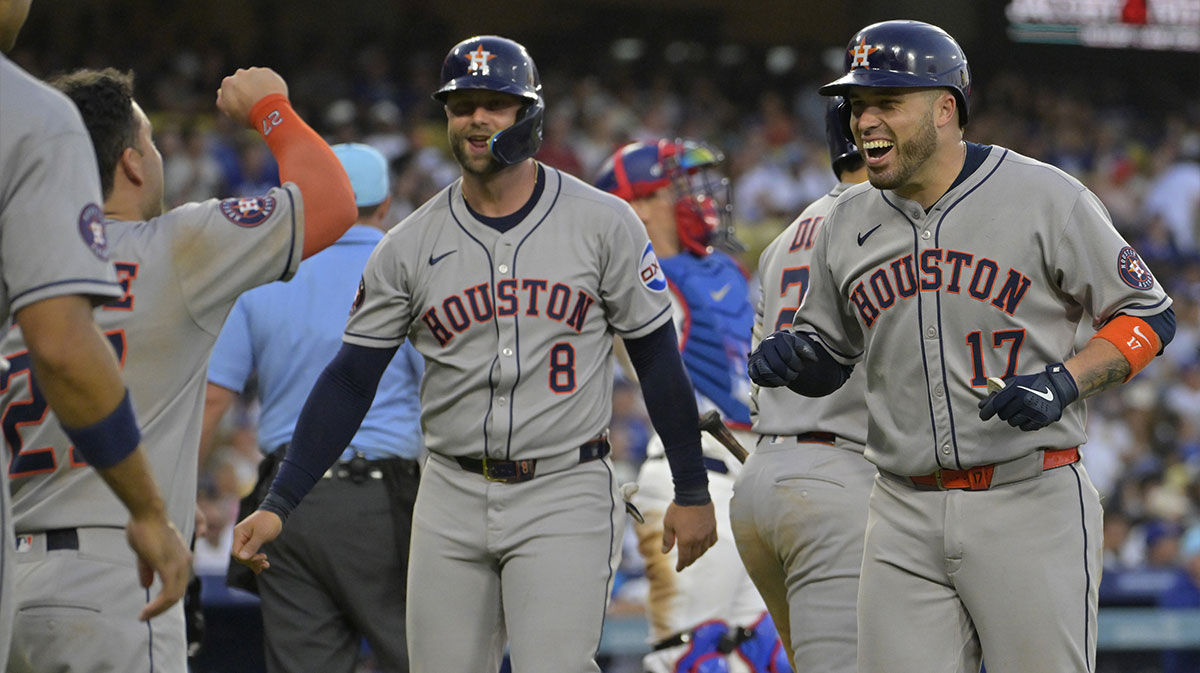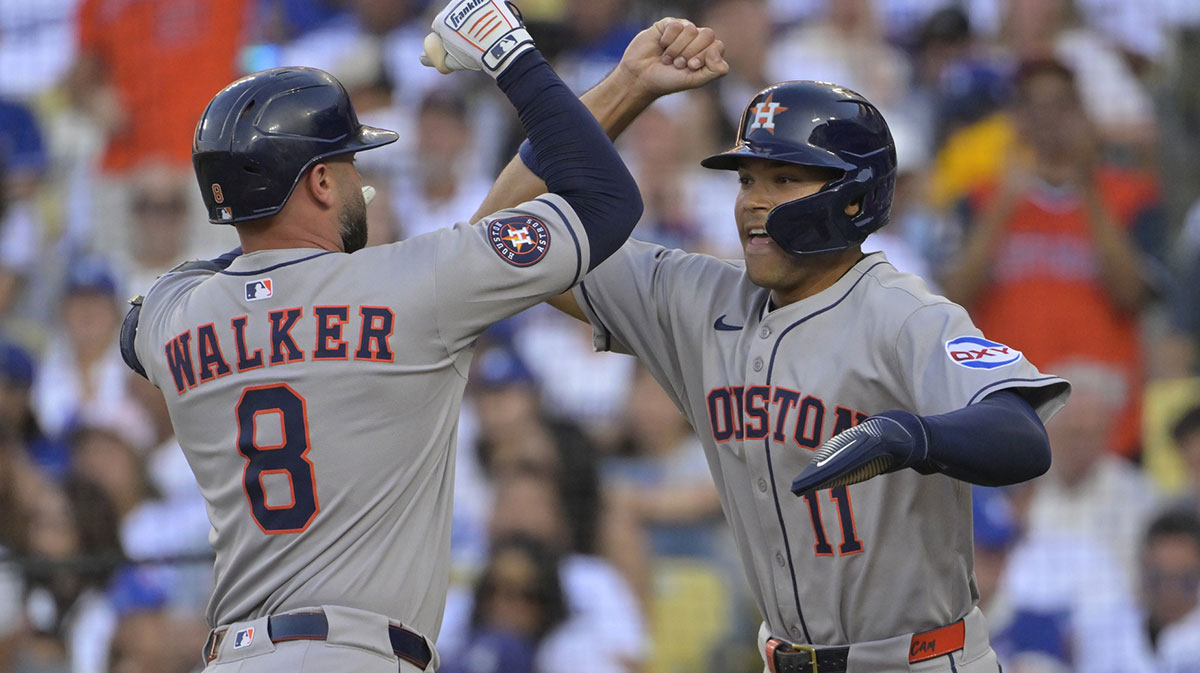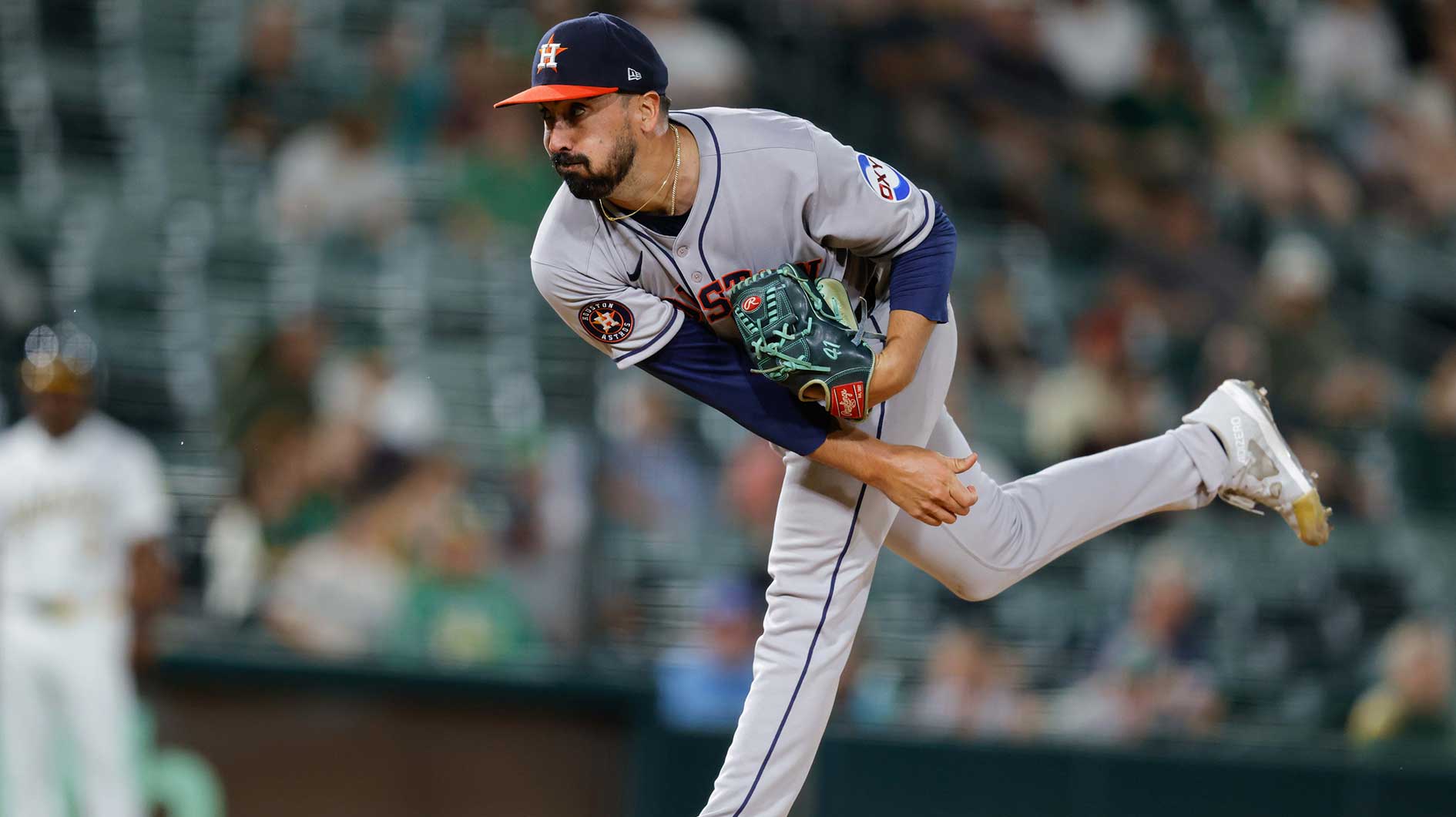When the Houston Astros won the 2017 World Series, it was the culmination of a rebuilding process that had started in earnest since the beginning of the decade. Houston had been the perennial losers of the MLB for years, but with the likes of Jose Altuve, Carlos Correa, George Springer and Alex Bregman leading the charge, the Astros finally reached the pinnacle of the sport.
And even amidst an injury-riddled 2018 season where Correa faltered and Altuve missed time, Bregman soared to MVP-caliber heights, and the Astros still won 103 games en route to another American League West title. Although Houston would lose to the eventual champion Red Sox in the ALCS, their destiny may have shifted on the course of a daring Andrew Benintendi diving catch that not only won Game 4, but gave the Red Sox a 3-1 series lead instead of evening things at two games apiece.
But for the first time in years, the Astros faced uncertainty heading into the 2019 season. They lost two of their top three starters–Charlie Morton and Dallas Keuchel–in free agency (though Keuchel remains unsigned), and Lance McCullers was shut down for the year following Tommy John surgery on his throwing elbow.
In spite of such drastic changes to a rotation that dominated the league the year before, the Astros mostly stood pat. Rather than re-signing Keuchel, they moved Brad Peacock and Colin McHugh into the rotation full-time, while their only addition was veteran left-hander Wade Miley on a one-year deal.
Even still, the Astros continue to prove why they are the best team in the AL. While a slow start slightly upset the balance in the division, Houston was 18-14 as of May 2, and back in first place. But the scariest part is that they only seem to be getting better.
Playing like stars? Sort of
Houston's “Core Four” of Altuve, Correa, Springer and Bregman have not necessarily gotten off to poor starts. In fact, Correa's first month in particular inspires a lot of confidence after he hit .239 last season.
As of May 2, Correa was hitting .296 with six homers and a .914 OPS and ranks in the top 10 in the league with 10 doubles. Additionally, Correa was running the highest hard-hit percentage and line drive rate of his career, according to FanGraphs.
Meanwhile, both Bregman and Springer ranked in the top 20 in terms of fWAR (Bregman ranks 13th, with Springer right behind at 15th). Springer was tied for the team lead with nine homers while leading the Astros with 24 RBIs. and a .925 OPS. Bregman had almost a .400 OBP, and is finally showcasing the kind of defensive ability that makes him a potential Gold Glove candidate. Altuve was sharing the team lead in homers with Springer.
And yet, their potential says there is more in store for each of these four.
Last year, Bregman's OPS was well over .900 and he hit .286 in a breakout season. For all of his early success, Correa had posted a 26 percent strikeout rate, which would be the highest of his career. Altuve has not hit below .300, yet he was hitting just .256 as of May 2. And given his past showings, Springer could become possibly the best two-way centerfielder behind Mike Trout.
Certainly, there are concessions that must be made. Altuve's low average could be a result of his massive slugging percentage, paired with an unsustainably low BABIP. Bregman, too, was running a low BABIP. But these advanced metrics are also suggestive of just how much they stand to improve over the course of the season.
There may not be a better grouping of elite players in the league, and early indications suggest that there is plenty more production to come from Houston's four stars.
Verlander and Cole
Much like their positional stars, it would seem that Houston's two-headed monster of Justin Verlander and Gerrit Cole stand to see some improvement.
Verlander had a 2.45 ERA in seven starts as of May 2, but his 1.4 HR/9 rate would be the highest of his career, and he is also walking hitters at a higher rate compared to his 2017 and 2018 runs with the Astros.
His fastball is still averaging around 95 mph, but he has struggled to command that hard-biting curveball that his become such a wonderful compliment to his heater. Verlander's curveball was running a -1.6 value, according to FanGraphs.
Still, the future Hall of Famer has been nothing short of dominant since coming to Houston, and his career 3.17 ERA in May is the second-best of any month.
Whereas Verlander has been the beneficiary of some luck thus far, Cole's peripherals suggest he will definitely improve. Through seven starts, his 2.95 FIP was a full run lower than his ERA, and his 13.5 K/9 was the best in the MLB.
Especially in a weak AL West where the Astros should be the only legitimate contenders come the dog days of summer, Verlander and Cole will each have plenty of opportunities to feast on their opponents in preparation for the postseason.
Savvy offseason moves have paid off
As previously mentioned, the Astros showed a lot of confidence in their current group by staying relatively dormant in terms of their activities this past winter. But the moves they did make have proven to be massive upgrades.
Houston signed outfielder Michael Brantley to a two-year, $32 million deal last December, which did come with a bit of risk. When healthy, Brantley has proven to be one of the better hitters in all of baseball. But the word “healthy” is key. Brantley played in just 101 games between the 2016 and 2017 seasons, and questions about his durability were proving to be a hindrance in terms of his perceived market value.
Through 30 games, Houston's gamble has been validated, and then some. Brantley led the American League with 39 hits, batting .331 and slugging .517 with five homers and seven doubles. Marwin Gonzalez had been the perfect super-utility player for the Astros in recent years, but there is no question that Brantley has been a sizable upgrade.
Whereas Gonzalez is currently hitting below the Mendoza Line, Brantley has thrived hitting in a lineup alongside Springer, Altuve, Correa and Bregman. Remember that Brantley previously was considered an anchor of an Indians lineup that was pretty weak outside of himself, Francisco Lindor and Jose Ramirez. Now, Brantly has plenty of protection, and is seeing the results to back it up.
As for the newcomer in the starting rotation,Wade Miley continues to be effective. The 32-year-old had experienced a very journeyman-like career before he arrived in Milwaukee last season, where he posted a 2.57 ERA in 16 starts for the Brewers.
That success has carried over to Houston, where Miley has posted a 3.24 ERA in six starts with his new club. Although his peripherals (4.14 FIP and four homers allowed already, more than he gave up in all of last season) suggest that he may regress, Miley fits quite well in that final spot in Houston's rotation.
The bullpen is as good as ever
Moving Peacock and McHugh has seemingly done very little to deter Houston from having one of the best bullpen units in the league. As of May 2, the Astros ranked second in bullpen fWAR, according to FanGraphs. Not to mention, their 3.05 bullpen ERA was the best in baseball.
The Astros possess a lockdown closer in Roberto Osuna, and two legitimate, long-relief setup options in Ryan Pressly and Hector Rondon. Will Harris has been equally as dominant, and Framber Valdez is emerging as another reliable option for manager A.J. Hinch.
Pressly in particular has been outstanding. After handing the 30-year-old a two-year extension in the offseason, Pressly has rewarded Houston with a spotless 0.00 ERA in 12 1/3 innings, as of May 2. Both Pressly and Osuna rank in the top 10 in reliever fWAR.
The most dangerous aspect of this Houston bullpen is the versatility of their arms. Pressly, Rondon and Harris are all capable of closing out games when Osuna is unavailable, and although he is off to a slow start Chris Devenski is a true innings-eater.
If Josh James can find establish the fastball early and find his command (James had a 6.8 BB/9 and 2.5 HR/9 in 11 appearances), he can truly put Houston's bullpen over the top.
The intangibles
It may sound cliche, but Houston can beat you in every way imaginable. Whether getting a strong start from the rotation or having the bullpen come in for five innings of work, they are deep and effective enough to win those “grinder” kind of games.
The lineup has tremendous power and speed (even if they rank 10th in the AL in steals), and both Josh Reddick and Jake Marisnick have been tremendous in their respective platoon roles. Robinson Chirinos has provided yet another productive bat in a group that has easily been able to withstand slow starts from Yuli Gurriel and Tyler White.
And as for Hinch? He might be one of the best game managers in all of baseball, if not the best pure manager in the game.
Once again, the Houston Astros are legitimate World Series contenders. But they may have only just scratched the surface of their full potential.

